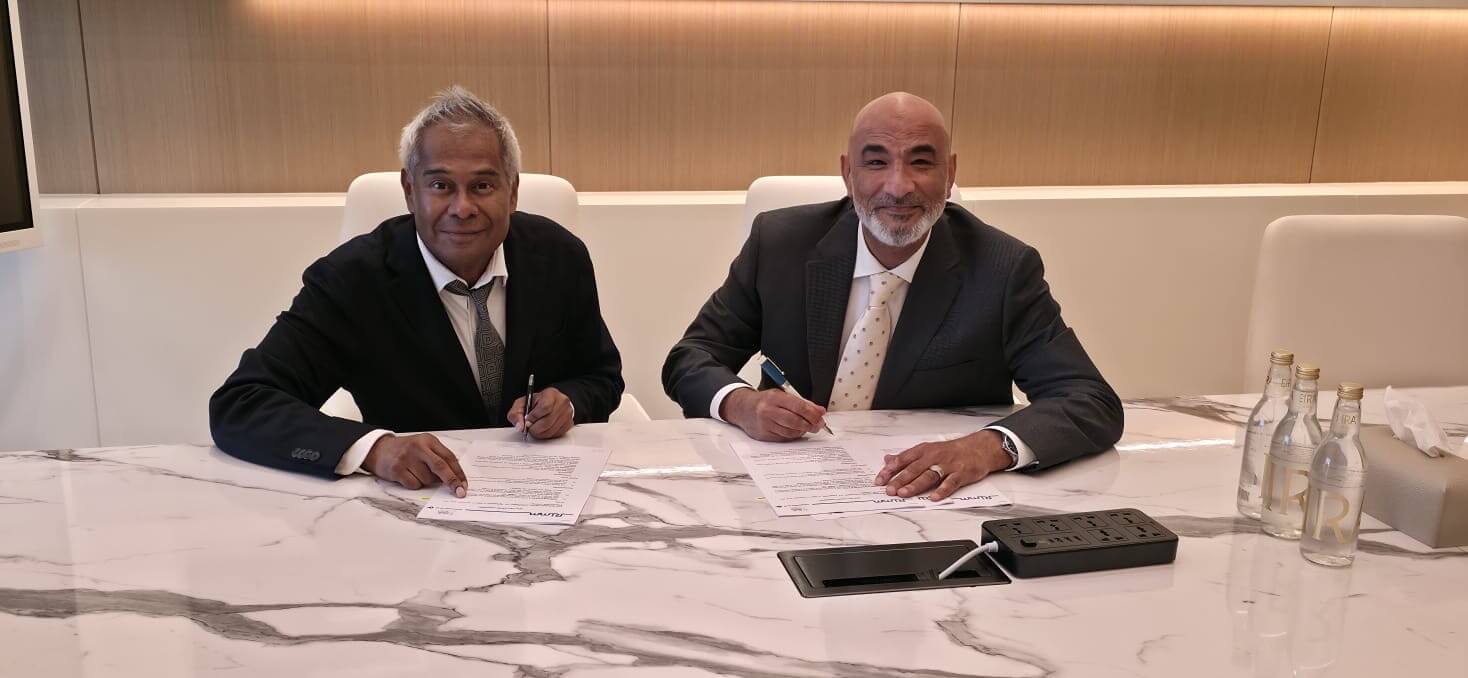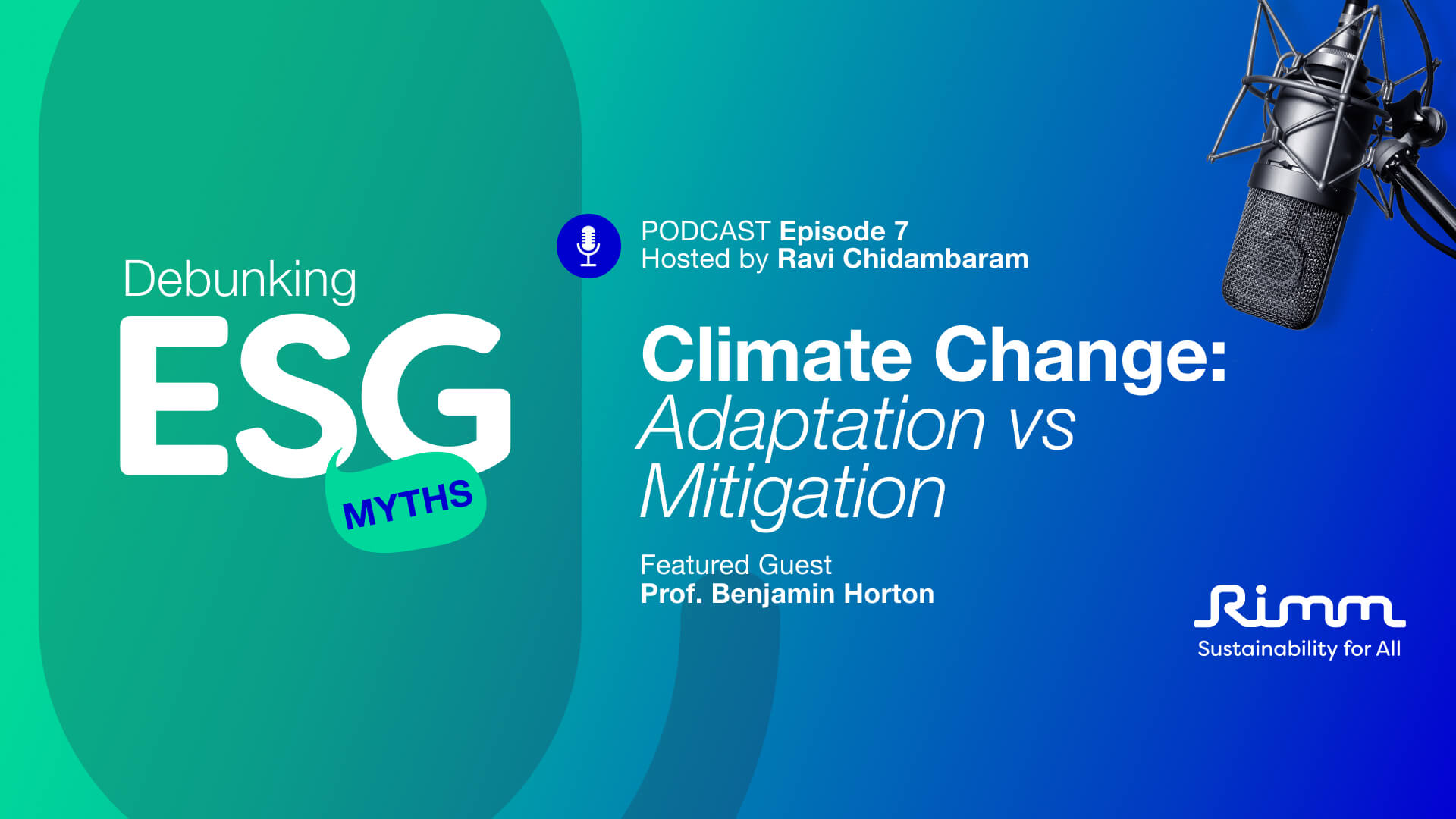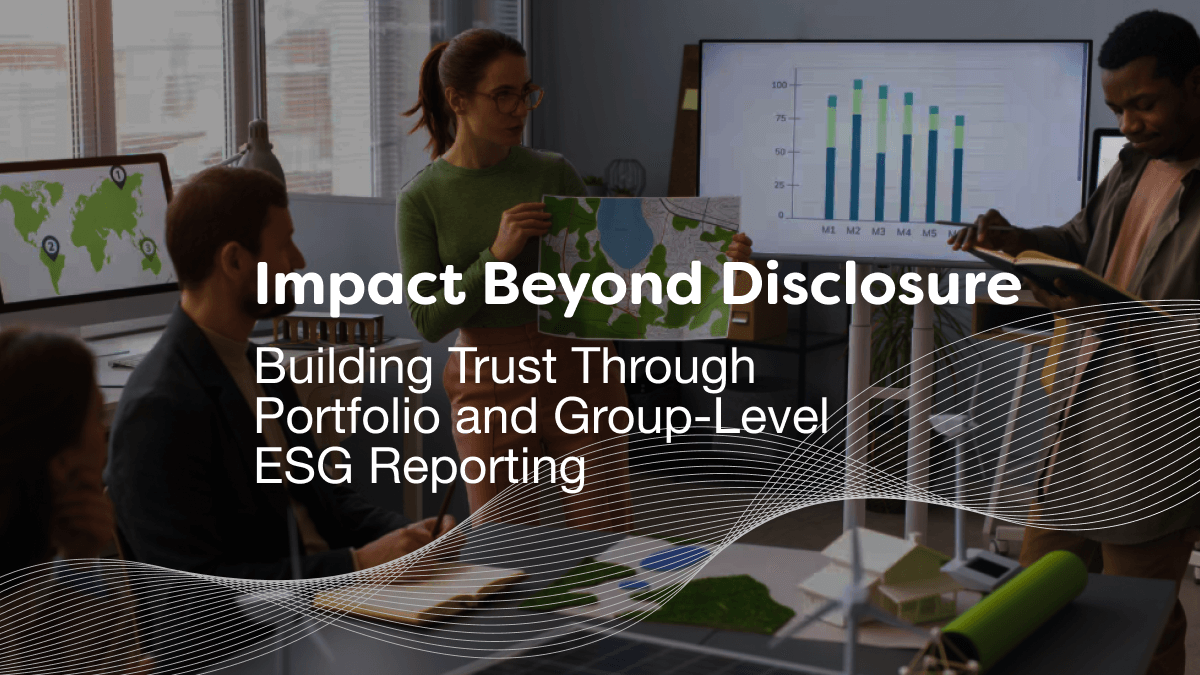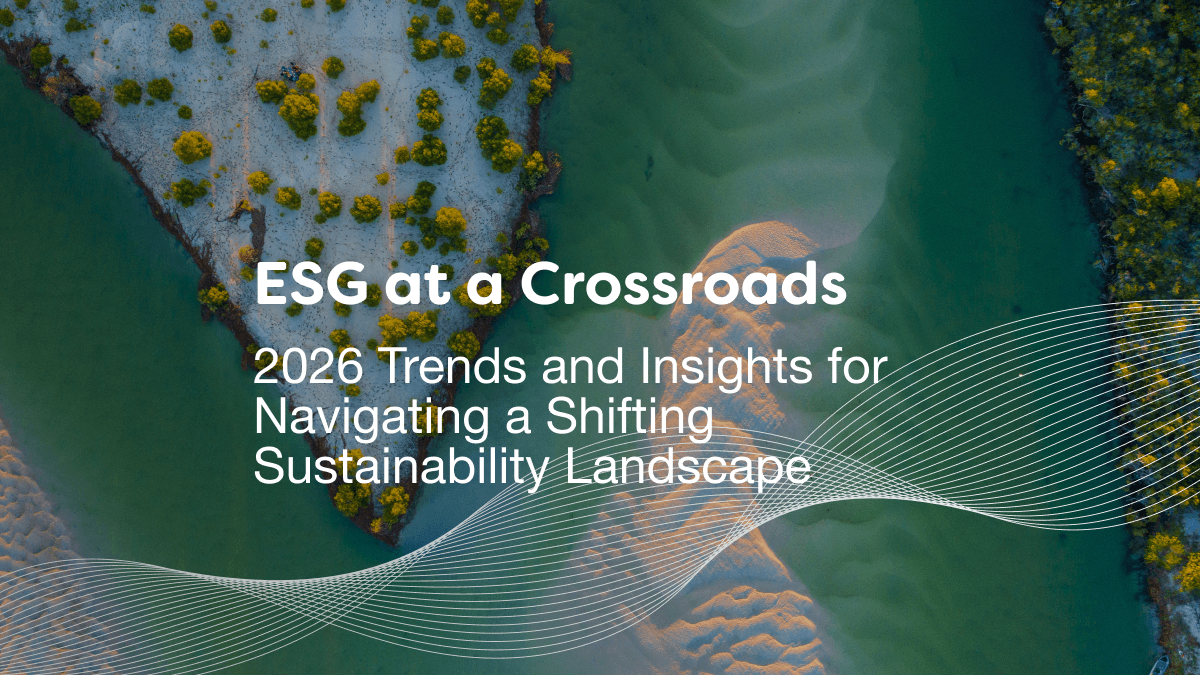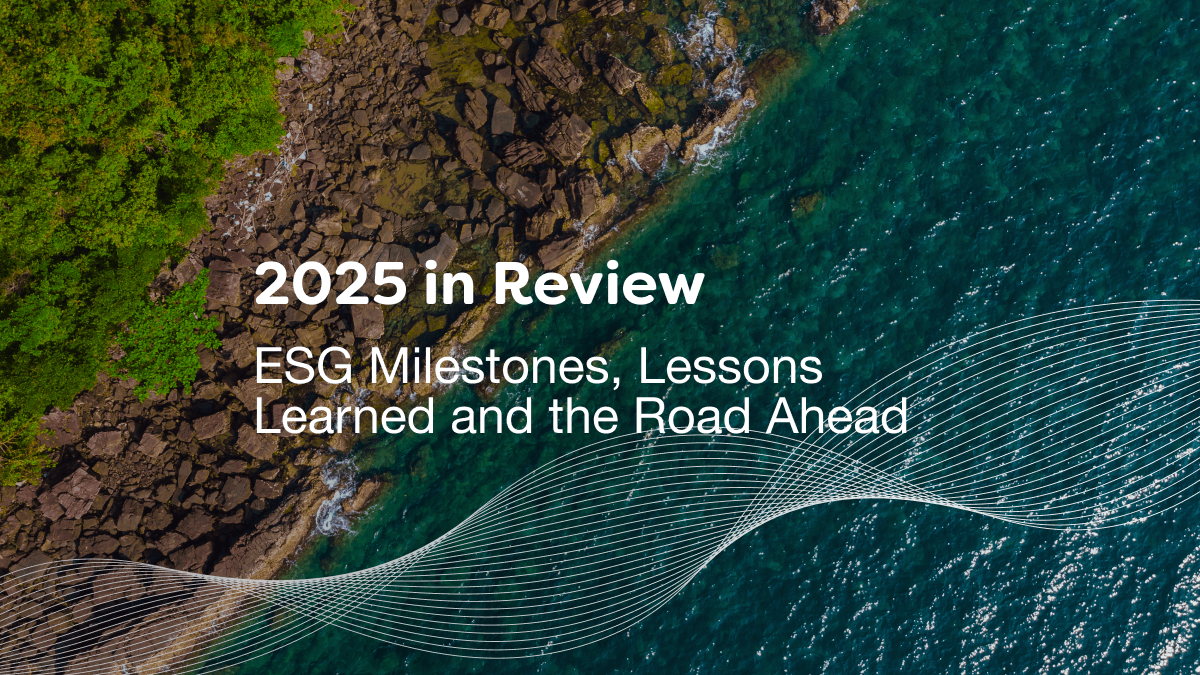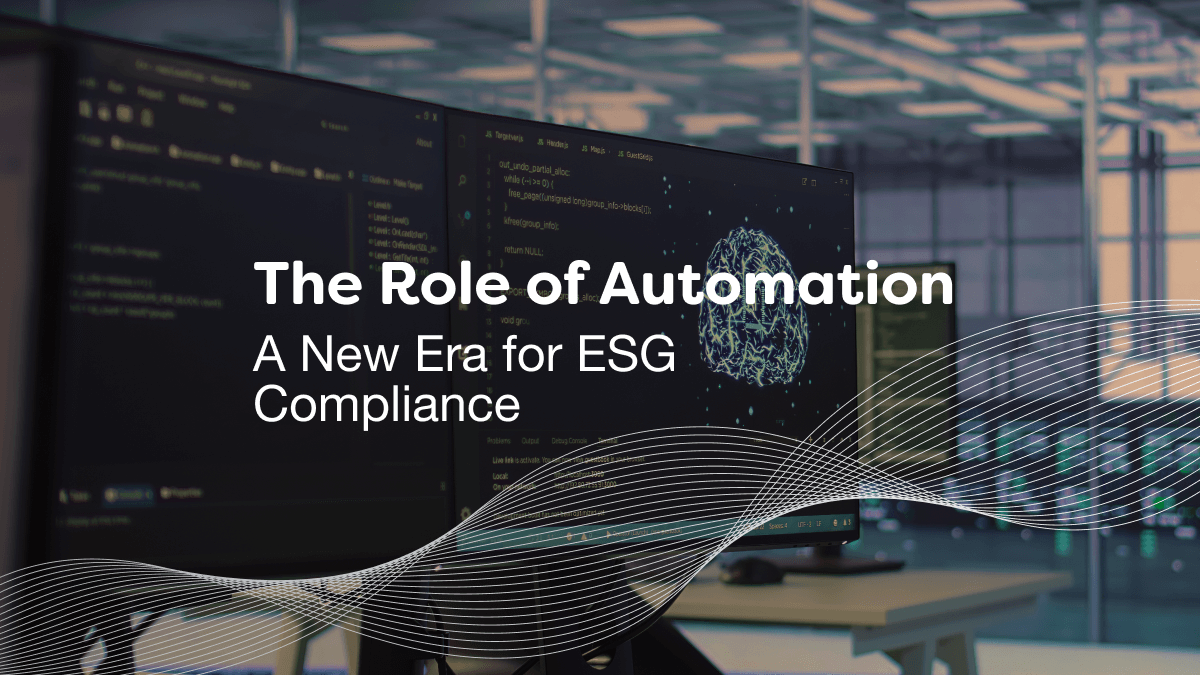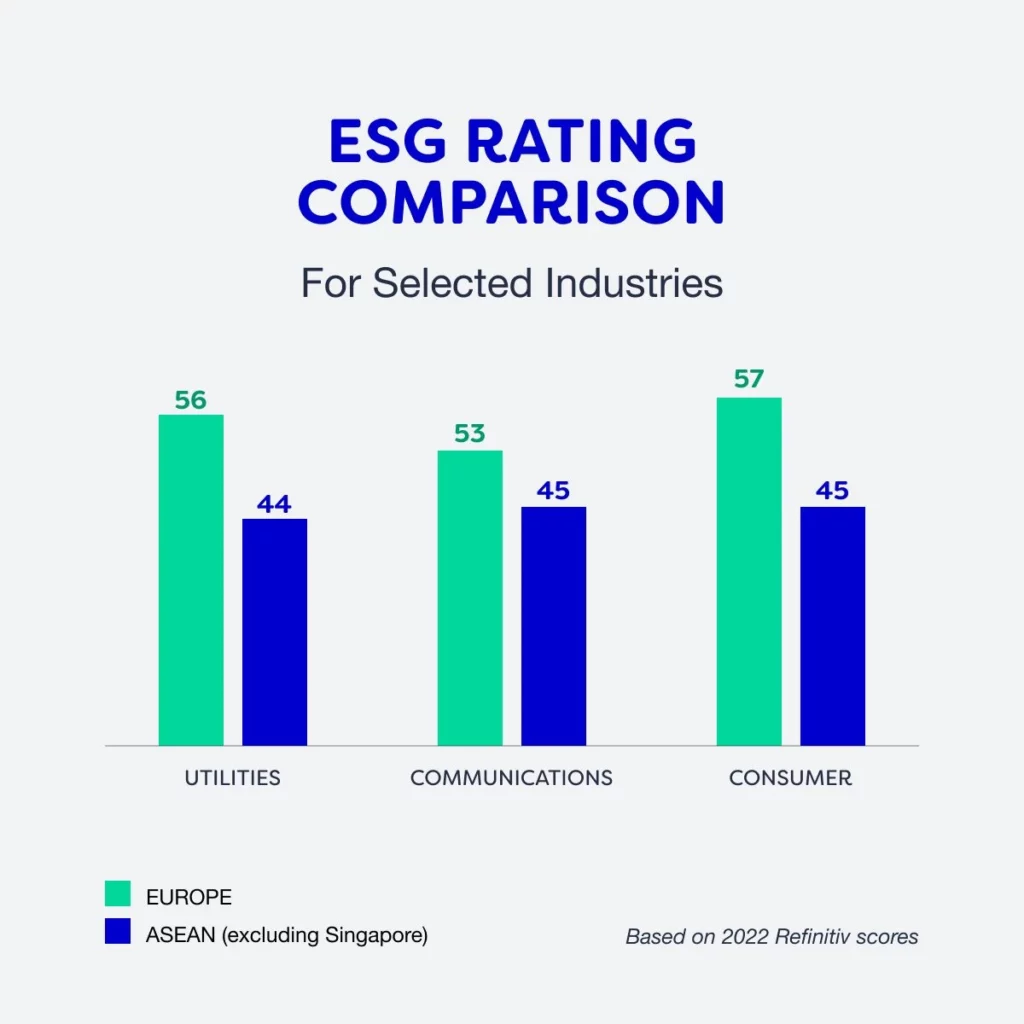Rimm collaborates with RFI to lead the sustainability module at their Global Virtual Innovation Hub (GVI) FinTech Program for startups and SMEs.
In early February, Rimm was invited to facilitate the Sustainability Module in the Global Virtual Innovation Hub (GVI) FinTech Program organized by the Responsible Finance & Investment (RFI) Foundation in collaboration with HSBC. With participants from around the world, the 10-week program sought to develop FinTech SMEs and startups’ capacities in responsible finance and sustainability, with a focus on the Middle East and North Africa (MENA) region.
The session marked our third collaboration with RFI’s GVI FinTech program, ever since the first iteration in October 2021. Shaleen Shahrin (Sustainability Expert and Strategic Partnerships, Rimm) began with the orientation, where participants were briefed on what to expect from the program over the subsequent days.
“It was great to share Rimm’s sustainability insights with another cohort of RFI’s GVI FinTech program. It is important for FinTechs to understand what sustainability means for their organization, and how they can incorporate sustainability into their business strategy,” shares Shaleen.
We led an ‘Introduction to Sustainability’ session, which focused on the rising presence of sustainability and reporting in the world of small and medium enterprises (SMEs). The interactive session shed light on some key trends driving ESG and sustainability engagement based on our ESG research. We covered various ESG frameworks, materiality and complementary strategies to enhance sustainability reporting, focusing on topics most relevant to the audience.
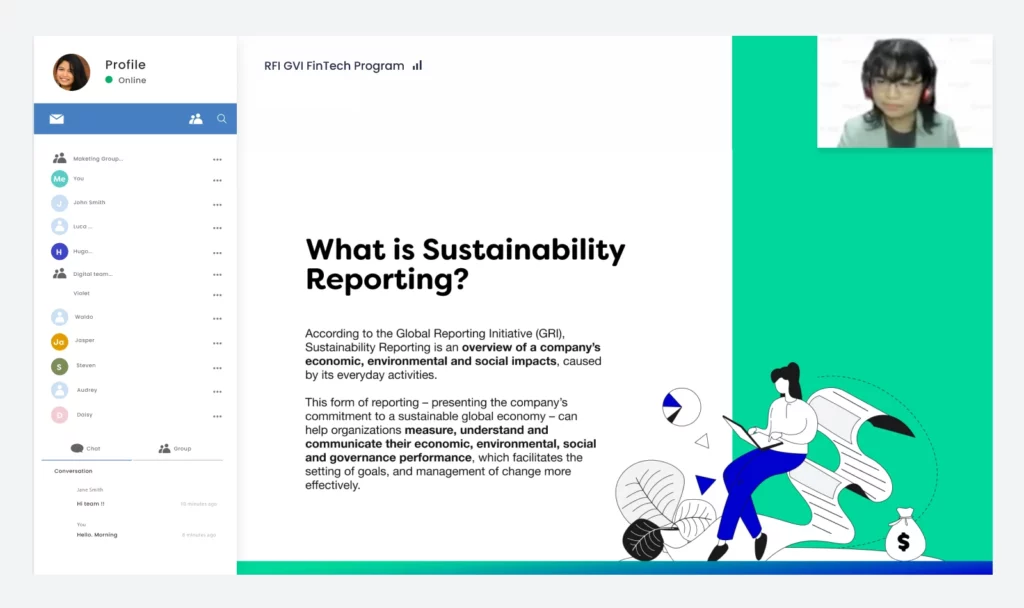
At Rimm, we believe in helping organizations implement sustainability right. Our program debunked some common myths around sustainability, challenges and solutions to reporting and the long-term risks of greenwashing. One of the topics covered was ‘ESG 2.0’, a new approach to ESG that steers away from minimalist ESG measures that merely satisfy internal and external requirements. It recognizes the importance of embedding ESG policies and frameworks into organizations’ operations and calls for impactful strategies to implement ESG right.
We also led a hands-on practical session, involving a demo of Rimm’s myCSO platform, to demonstrate the capabilities of myCSO in streamlining sustainability management and reporting for SMEs. We were happy to provide free trials of myCSO Essential for the program participants to explore and assess their own sustainability performance and potential for improvement. Rimm also conducted a carbon calculation exercise wherein program participants were able to calculate their Scope 1, 2 and 3 emissions intensities through our platform’s Carbon Calculator feature.
Our engagement with RFI’s GVI FinTech cohort concluded on a successful note as we received the opportunity to share our sustainability insights and capabilities with yet another group of SMEs. We hope to continue engaging with like-minded organizations and individuals in the future with our end goal to democratize sustainability for all.
Looking to automate and simplify sustainability reporting for your organization?
Speak with our team to learn more about our solutions!
Simplify Your Sustainability Performance & Tracking With myCSO
✅ Calculate your scope 1, 2 and 3 emissions instantly
✅ Gauge your company’s sustainability performance
✅ View your sustainability performance all from one dashboard
✅ Benchmark against industry peers
Enter your information below to book a demo with our team today.
